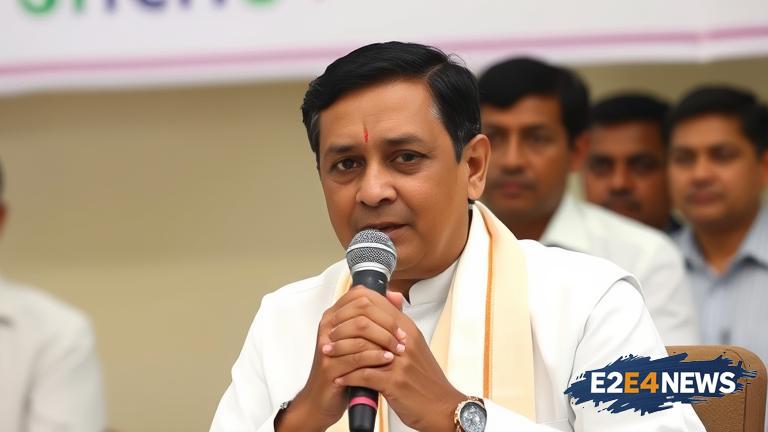The Chief Minister of Tripura has recently stated that the state government will enforce the Citizenship Amendment Act (CAA) 2019, with a cut-off date of 2014 for granting citizenship to eligible individuals. This move is expected to have significant implications for the state’s demographics and social fabric. The CAA 2019 has been a contentious issue in India, with many opposing the legislation on the grounds that it discriminates against certain religious groups. Despite the controversy, the Tripura government has expressed its commitment to implementing the law. The Chief Minister’s announcement has been met with mixed reactions from various stakeholders, with some welcoming the move and others expressing concerns about its potential impact. The CAA 2019 aims to provide citizenship to persecuted minorities from neighboring countries, including Hindus, Sikhs, Buddhists, Jains, and Christians. However, the legislation has been criticized for excluding Muslims and other religious groups. The 2014 cut-off date is significant, as it marks the year when the Bharatiya Janata Party (BJP) came to power at the center. The Tripura government’s decision to enforce the CAA 2019 is seen as a move to consolidate its voter base and appease its core constituency. The state has a significant population of Bengali Hindus, who are expected to benefit from the legislation. However, the move is also likely to face opposition from other groups, including indigenous tribes and Muslims. The implementation of the CAA 2019 is expected to be a complex process, requiring significant administrative and logistical efforts. The state government will need to establish a framework for identifying eligible individuals and verifying their credentials. The process is likely to be time-consuming and may involve multiple stakeholders, including government agencies, community organizations, and civil society groups. The Tripura government’s decision to enforce the CAA 2019 has also sparked concerns about the potential impact on the state’s relations with neighboring countries, particularly Bangladesh. The Indian government has maintained that the CAA 2019 is an internal matter, but the legislation has been criticized by several countries, including Bangladesh and Pakistan. The controversy surrounding the CAA 2019 is likely to continue, with the Tripura government’s decision to enforce the legislation expected to be challenged in court. The Indian Supreme Court is already hearing several petitions challenging the constitutionality of the CAA 2019. The outcome of these petitions is likely to have significant implications for the implementation of the legislation in Tripura and other states. The Tripura government’s commitment to enforcing the CAA 2019 reflects the complex and often contentious nature of Indian politics. The legislation has become a polarizing issue, with different groups and stakeholders holding strongly opposing views. The implementation of the CAA 2019 in Tripura is likely to be a long and challenging process, requiring careful consideration of the potential consequences and implications.
